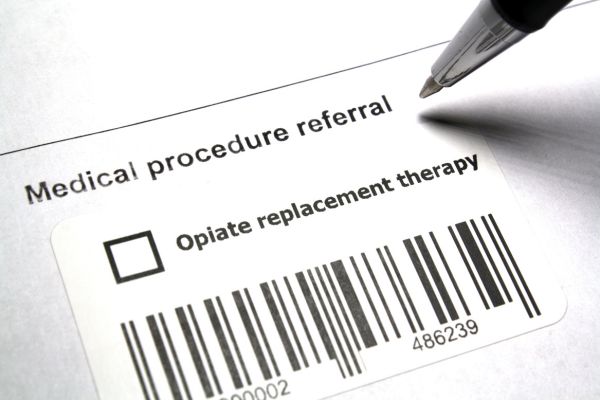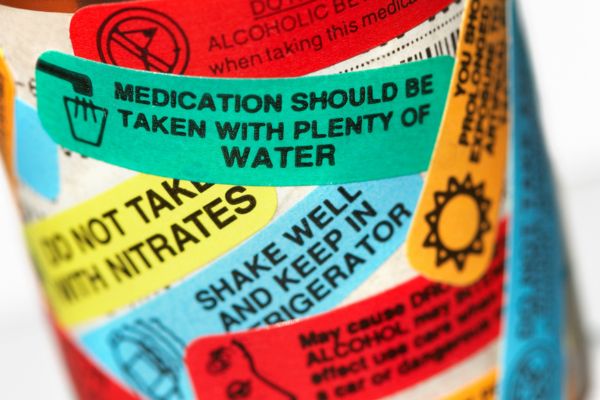Focusing your energy and attention on the present is essential to recovery. Instead of worrying about the possibility of a relapse or mulling over past mistakes, concentrate on the next 24 hours and what you can do to recover within that time. It sounds simple, but it has helped many people embrace their sobriety. Let’s explore the infamous “one day at a time” mindset and how it can help you stay on track with your recovery goals.
What is “One Day at a Time”?
Alcoholics Anonymous (AA) offers different mantras and affirmations to remind you that you’re making progress every day, little by little.
“One day at a time” is one of those mantras. While not unique to the 12-Step Program, it aims to make the long process of maintaining sobriety achievable when it can feel impossible.
Many people recovering from alcoholism find it impossible to picture a life without addiction or drinking, especially in the beginning. This saying is a reminder to stay in the present, leave the past behind, and not obsess over the future.
“One day at a time” helps by giving them a task they can achieve right now: avoid drinking for the next 24 hours. Don’t think about tomorrow. It doesn’t matter if you drank yesterday. What you should be focusing on is the here and now.
The Benefits of Living “One Day at a Time” in Recovery
Studies have shown that alcoholism significantly changes the way the brain works. Managing cravings is not a matter of willpower or a moral flaw when your brain has rearranged itself around addiction. But you can reverse this rearrangement by following the 24-Hour Rule.
Promotes Self-Awareness in Recovery
When you only think about the end goal of “someday I’ll be fully sober,” you’re not really experiencing your recovery journey. For many, it’s not as cut and dry as quitting cold turkey and going on with their lives as if nothing happened.
Instead, it’s a lifelong process.
By focusing only on the future, you fail to see the progress you make every day. The 24-hour Rule makes you think about everything you’ve accomplished in just one day – big or small, it all adds up.
Encourages Mindfulness Throughout Recovery
The “one day at a time” approach helps you stay in the moment and connect with yourself, which can be especially useful during stressful situations or when you are overwhelmed by complex emotions. In those cases, coming “back to earth” can turn your day around for the better.
You can control feelings of anxiety by focusing on physical sensations. If you find yourself overwhelmed by everything that needs to be done at home or have a backlog of unfinished tasks at work, try to tune in to your senses first. List things you can see, feel, hear, smell, or taste. Even out loud if you think it will help.
Don’t spend your time and energy catastrophizing. Instead, try to calm down first and then return to your tasks.
Makes Recovery Seem More Manageable
How do you ensure you’ll stay sober for the rest of your life? Can you be sure that you will never relapse? That you will never have a bad day and fall back on old habits?
It can be daunting to think of recovery like this, but you can make the process more manageable by focusing on what you can do right now. One day at a time means you can learn to focus on managing the small aspects of life instead of constantly worrying about the future and what you can’t control.
“One day at a time” asks you to take your recovery day by day instead of planning out the rest of your life. There’s a place for long-term plans, but executing them requires a “day-by-day” approach.
How to Practice Living One Day At a Time?
Living one day at a time is easier than you think. Here are some strategies to help you get started:
- Repeat Mantras: You’ll hear a few common phrases in group meetings and recovery circles. Mantras and slogans that help you keep the core beliefs of the 12-Step Program in mind when you need them. Feel free to pick and memorize your favorites or write them down somewhere you’ll see them daily, like a whiteboard, journal, or bathroom mirror.
- Use Affirmations: Telling yourself you are strong in your weakest moments might initially feel insincere, but this isn’t about lying to yourself. Affirmations are promises you make to yourself, reminders of your worth and progress. Remember, affirmations aren’t goals. It’s not “I will be strong” but “I AM strong!” Being kind to yourself in this way while trying to do your best goes a long way.
- Reflect/Journal: Living in the now doesn’t mean you never spare a thought for the past or future. Planning is still important, and looking back on your efforts toward sobriety lets you see just how far you’ve come, no matter where you are in your journey. Try to make time to meditate or simply sit in silence and check in with yourself occasionally. Journaling is also a powerful, fulfilling tool.
Living One Day at a Time Benefits Your Recovery
Addiction is a complex condition with many factors. It’s not shameful to recognize how powerful and easily it gets overwhelming. Thinking about perceived past failures or future challenges can be paralyzing, which is why taking things “one day at a time” helps you focus on what you can do now rather than overthink what was or could be.
Try to take your recovery 24 hours at a time, and you will eventually notice how being in the moment helps you be more mindful and appreciate the small daily victories.









